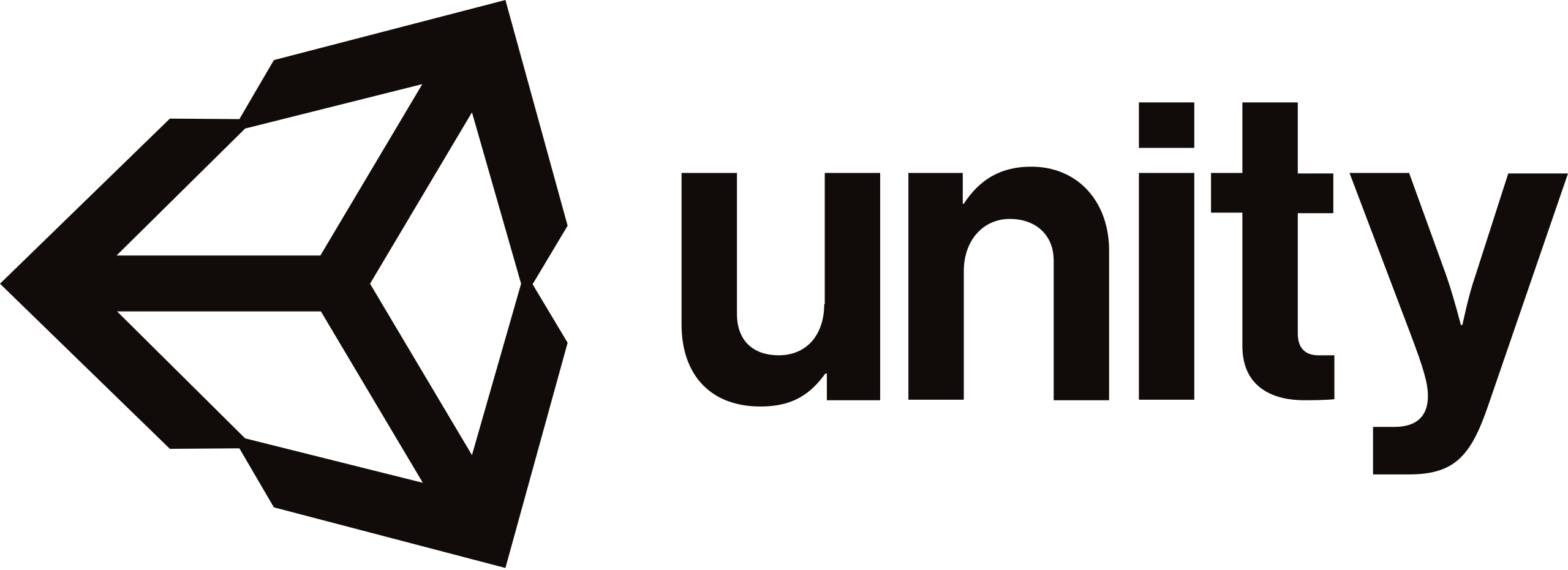Unity
AR/VR (Metaverse) & Media
Unity
The Unity course focuses on teaching participants how to use the Unity game engine to develop interactive and immersive 2D and 3D applications. Unity is a popular and powerful game development platform used in various industries, including gaming, virtual reality, augmented reality, and simulations. Here are some key points about the Unity course:
- Course Overview: The Unity course provides participants with a comprehensive understanding of the Unity game engine and its features. It covers the basics of game development, asset management, scripting, physics, and more.
- Introduction to Unity: Participants are introduced to the Unity interface and the various components of the Unity editor. They learn how to navigate the workspace, import assets, and organize scenes and game objects.
- Game Objects and Components: The course covers game objects and their components, which are the building blocks of Unity projects. Participants learn how to create and manipulate game objects, add components, and configure properties.
- Scripting in C#: Participants gain knowledge in scripting using the C# programming language, which is the primary scripting language in Unity. They learn the fundamentals of C# syntax, variables, functions, and control structures, and how to use scripting to add interactivity and behavior to their games.
- 2D Game Development: Participants delve into 2D game development using Unity’s 2D features. They learn how to create and manipulate sprites, set up 2D physics, create animations, implement user input, and build 2D game mechanics.
- 3D Game Development: The course also covers 3D game development using Unity’s 3D capabilities. Participants learn how to create and manipulate 3D models, set up lighting and materials, implement physics simulations, and create immersive 3D environments.
- Game Mechanics and Systems: Participants explore game mechanics and systems commonly used in game development, such as player movement, collision detection, scoring systems, artificial intelligence, and user interfaces. They learn how to implement these systems using Unity’s built-in functionality and scripting.
- Optimization and Performance: The course covers optimization techniques to ensure efficient performance of Unity projects. Participants learn about best practices for optimizing graphics, audio, and code, as well as techniques for debugging and profiling their projects.
- Publishing and Deployment: Participants gain insights into the process of publishing and deploying Unity applications to various platforms, such as desktop, mobile devices, and gaming consoles. They learn how to build executable files, package assets, and optimize their projects for different target platforms
Get In Touch!
Contact us for a quote or in case of any urgent queries please send us an email on: [email protected]
we will get back to you right away!
7th Floor – Al Otaiba Tower
